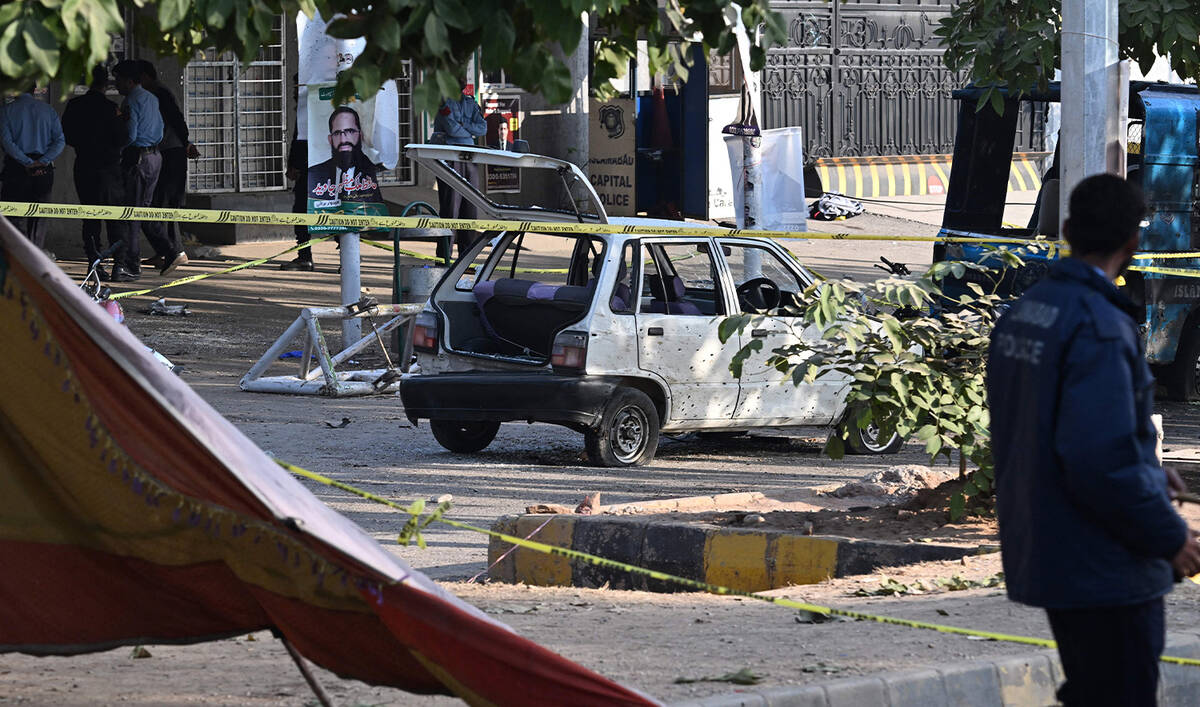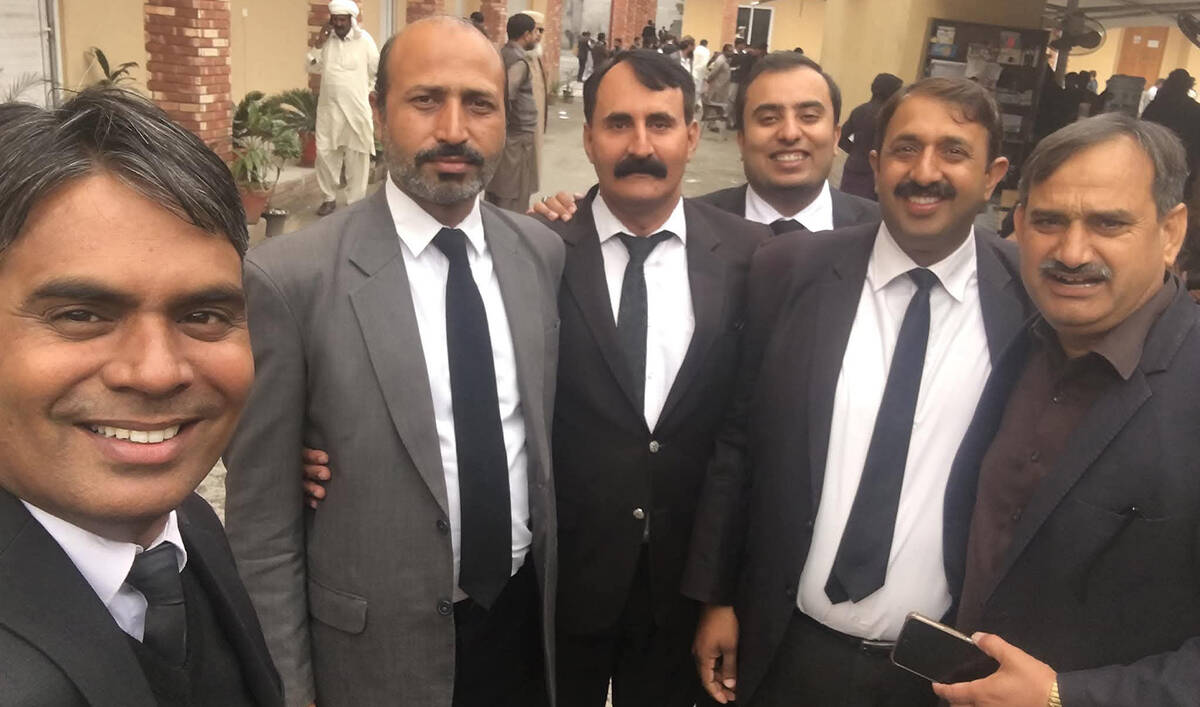ISLAMABAD: PakistanŌĆÖs Defense Minister Khawaja Asif said on Wednesday AfghanistanŌĆÖs decision to seek new trade routes amid rising tensions with Islamabad would ultimately benefit Pakistan, reducing transit-trade complications and helping curb militant violence that Pakistan says is carried out by armed groups based in Afghanistan.
His comments came hours after Afghan deputy prime minister for economic affairs, Mullah Abdul Ghani Baradar, told traders and industrialists to end their reliance on Pakistan for imports and exports and find alternative routes within three months.
Baradar warned the Taliban administration would not take responsibility for problems arising from commerce routed through PakistanŌĆÖs southern ports.
The Afghan officialŌĆÖs remarks came amid a breakdown of trust between the two neighbors, whose relations have deteriorated sharply as Islamabad accuses Kabul of harboring the Tehreek-e-Taliban Pakistan (TTP), which frequently claims attacks on Pakistani security forces. The border between the two countries has remained closed since last month following deadly clashes and Pakistani airstrikes inside Afghan territory.
ŌĆ£This is their own internal matter,ŌĆØ Asif told Geo TV. ŌĆ£Wherever they find cheaper freight or transit options, they will go there. I believe this should actually bring relief for us, because most of the goods sent from Karachi Port to Afghanistan end up in the Pakistani market. Luxury items are brought in that have no real consumption there, and they end up disturbing our market, where our consumers use them instead.ŌĆØ
Pakistan has long complained that a large volume of duty-free Afghan transit imports is smuggled back into its territory, undercutting domestic manufacturers, reducing tax revenue and feeding an extensive illicit economy.
Officials say cross-border smuggling networks often overlap with militant and criminal groups, contributing to security challenges in its western provinces bordering Afghanistan.
ŌĆ£When their traffic decreases here, terrorism that penetrates under the guise of trade, or in any other form, will also decline,ŌĆØ Asif said. ŌĆ£Border management will become easier for us. I see this as a kind of blessing in disguise. They are looking for other routes. Pakistan will only benefit from this. There will be no loss.ŌĆØ
Pakistan has served for decades as AfghanistanŌĆÖs principal transit corridor for commercial goods, fuel and humanitarian supplies.
But bilateral trade, historically volatile and highly sensitive to political tensions, has been hit hard by escalating border clashes, militant attacks and tightening visa restrictions.
Baradar accused Pakistan of repeatedly blocking trade routes and politically exploiting commercial and humanitarian matters, harming traders and industrialists of both countries.















